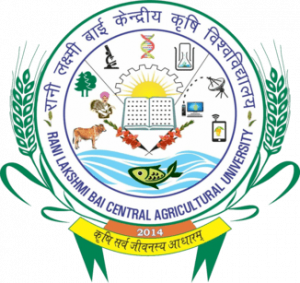Plant Pathology

Plant pathology is the scientific study of plant diseases, including their causes, development, and management. It focuses on understanding the interactions between plants and pathogens such as fungi, bacteria, viruses, and nematodes. By investigating how these organisms infect plants and disrupt their normal physiological processes, plant pathologists aim to identify disease symptoms, understand the mechanisms of pathogenesis, and develop effective strategies for disease control. This knowledge is crucial for safeguarding crop health and ensuring agricultural productivity, as plant diseases can significantly impact yield and quality.
In addition to disease management, plant pathology also plays a vital role in breeding and genetic research. By studying plant resistance mechanisms and pathogen evolution, plant pathologists contribute to the development of disease-resistant crop varieties. This involves employing techniques such as genetic engineering and marker-assisted selection to enhance plant immunity and reduce the reliance on chemical treatments. Moreover, plant pathologists work on integrated disease management strategies that combine cultural practices, biological control, and resistant varieties to create sustainable solutions for controlling plant diseases. This holistic approach helps to maintain plant health and ensure the stability of food supplies.
Page recently updated on September 4th, 2024 at 12:24 am



 About RLBCAU Information About RLBCAU
About RLBCAU Information About RLBCAU History History of RLBCAU
History History of RLBCAU Vision & Mission
Vision & Mission Jhansi About the City of Jhansi
Jhansi About the City of Jhansi From VC’s Desk
From VC’s Desk  Objective Objective of RLBCAU
Objective Objective of RLBCAU How To Reach How To Reach RLBCAU
How To Reach How To Reach RLBCAU University Act RLBCAU University Act
University Act RLBCAU University Act Regulations Regulations in RLBCAU
Regulations Regulations in RLBCAU Practical Manual (UG) Practical Manual (UG)
Practical Manual (UG) Practical Manual (UG) List of Students List of Students in RLBCAU
List of Students List of Students in RLBCAU Board of Management
Board of Management  Admission ProcedureAdmission Procedure of RLBCAU
Admission ProcedureAdmission Procedure of RLBCAU Academic Programmes Academic Programmes in RLBCAU
Academic Programmes Academic Programmes in RLBCAU College of Agriculture About College of Agricultire in RLBCAU
College of Agriculture About College of Agricultire in RLBCAU College of Horticulture & Forestry About College of Horticulture and Forestry
College of Horticulture & Forestry About College of Horticulture and Forestry College of Fisheries About College of Fisheries in RLBCAU
College of Fisheries About College of Fisheries in RLBCAU Recent News Recent News from RLBCAU
Recent News Recent News from RLBCAU Notice & Circulars Notice & Circulars from RLBCAU
Notice & Circulars Notice & Circulars from RLBCAU Press & Media Press & Media from RLBCAU
Press & Media Press & Media from RLBCAU Tenders Tenders from RLBCAU
Tenders Tenders from RLBCAU Hostel Hostel in RLBCAU
Hostel Hostel in RLBCAU Guest House Guest House in RLBCAU
Guest House Guest House in RLBCAU Library Details of Library in RLBCAU
Library Details of Library in RLBCAU 2024 Photo Album View Photogallery for 2024
2024 Photo Album View Photogallery for 2024

